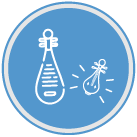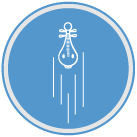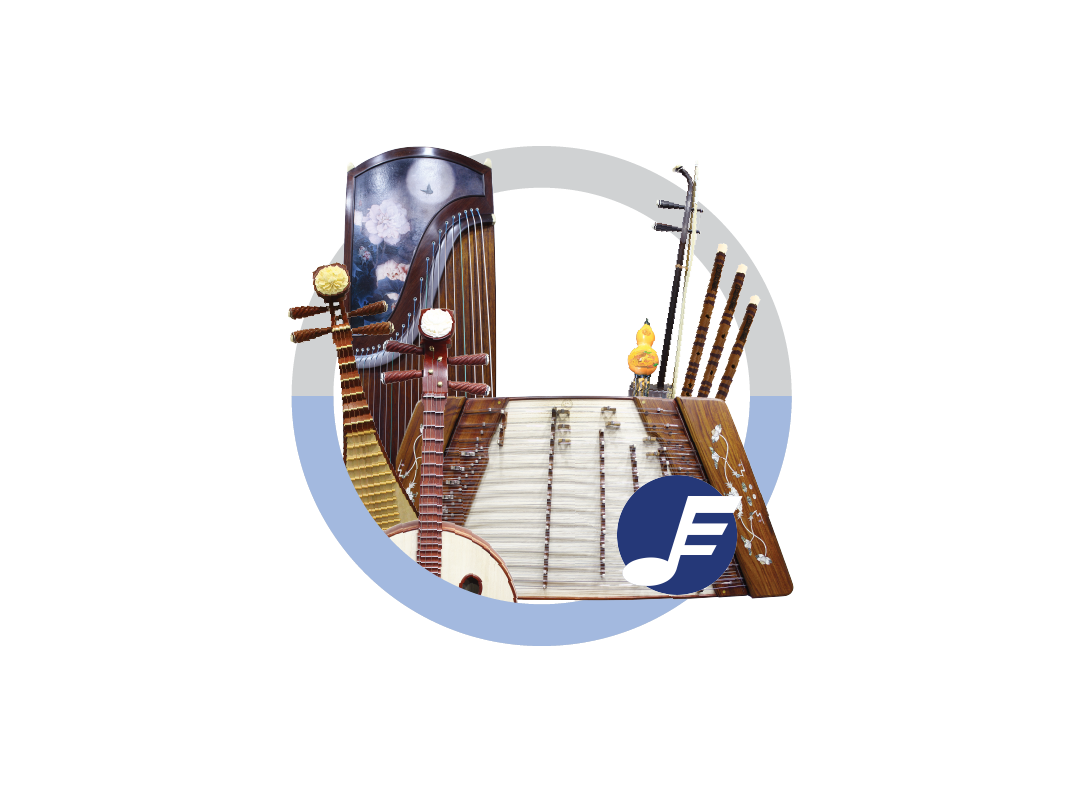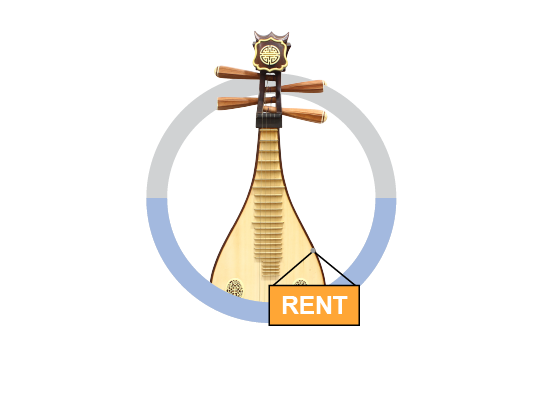LIUQIN LESSONS
Also known as the liu ye qin (willow leaf instrument), tu pipa, or jin gang tui, the liuqin is a pipa-lookalike that has a history of more than a hundred years.
Known for its bright, penetrative sound quality in the Chinese orchestra, this Chinese mandolin is the accompanying instrument of choice for folk operas.
Today, the liuqin is also an indispensible instrument in the Chinese orchestra.
Its versatility allows it to execute quick, passionate and carefree excerpts, thus garnering increasing popularity in recent years.
6 Reasons To Learn Liuqin
LIUQIN
WHY EASON MUSIC?
CHOOSE YOUR OBJECTIVES
In Eason Music we recognise that different people have different objectives when learning the Liuqin.
Thus the choice is yours to choose to learn for leisure or for exams.
TENG NTU-CI Exam Syllabus
This stage is for Grade 1-3 (Based on Teng - CI - NTU - Chinese instrumental examination).
Grade 1 repertoire:Xiao Bai Chuan (小白船), Er Ge Lian Zou (儿歌联奏), Meng Zhong De Xiao Zhu Lou (梦中的小竹楼), Rasa Sayang
Grade 2 repertoire:
Kuai Le De Luo Suo (快乐的啰嗦), Paradetas, Wo Zui Ai De Dong Xi - Xuan Zi 'Yin Yue Zhi Sheng' (我最爱的东西 - 选自 《音乐之声》), Qing Chun Zhi Wu (青春之舞)
Grade 3 repertoire:
Mi Mi Lian Xian Ji - Zhu Ti Ge (《咪咪历险记》 主题歌), Arirang (阿里郎), Sen Ji De Ma (森吉德玛), Xiao Bu Wu Qu (小步舞曲)
*Progress depends on individual's efforts*
This stage is for Grade 4-6 (Based on Teng - CI - NTU - Chinese instrumental examination).
Grade 4 repertoire:Xing Xing Suo (星星索), Pan Hong Jun (盼红军), Yue Ya Wu Geng (月牙五更), Mu Yang Qu (牧羊曲)
Grade 5 repertoire:
Jie Ri (节日), Zao Tian Lei (早天雷), Jin Ping Si De Xiao Shan (金瓶似的小山), Sen Ji De Ma (森吉德玛)
Grade 6 repertoire:
Tu Er Qi Jin Xing Qu (土耳其进行曲), Xiu Jin Bian (绣金匾), Xin Chun Le(新春乐), Shuang Sheng De Tian Shan (双胜的天山)
*Progress depends on individual's efforts*
This stage is for Grade 7-8 (Based on Teng - CI - NTU - Chinese instrumental examination).
Grade 7 repertoire:Yu Hou Ting Yuan (雨后庭院), Chun Dao Yi He (春到沂河), Xing Fu Qu (幸福渠), Xiong Ya Li Wu Qu (匈牙利舞曲)
Grade 8 repertoire:
Ye Feng Fei Wu (野蜂飞舞), Yun Que (云雀), Long Chuan (龙船), Jian Qi (剑器), Ka Men (卡门)
*Progress depends on individual's efforts*
MEET OUR LIUQIN TEACHERS!
A student is only as good as her teacher. We only work with qualified and dedicated teachers








